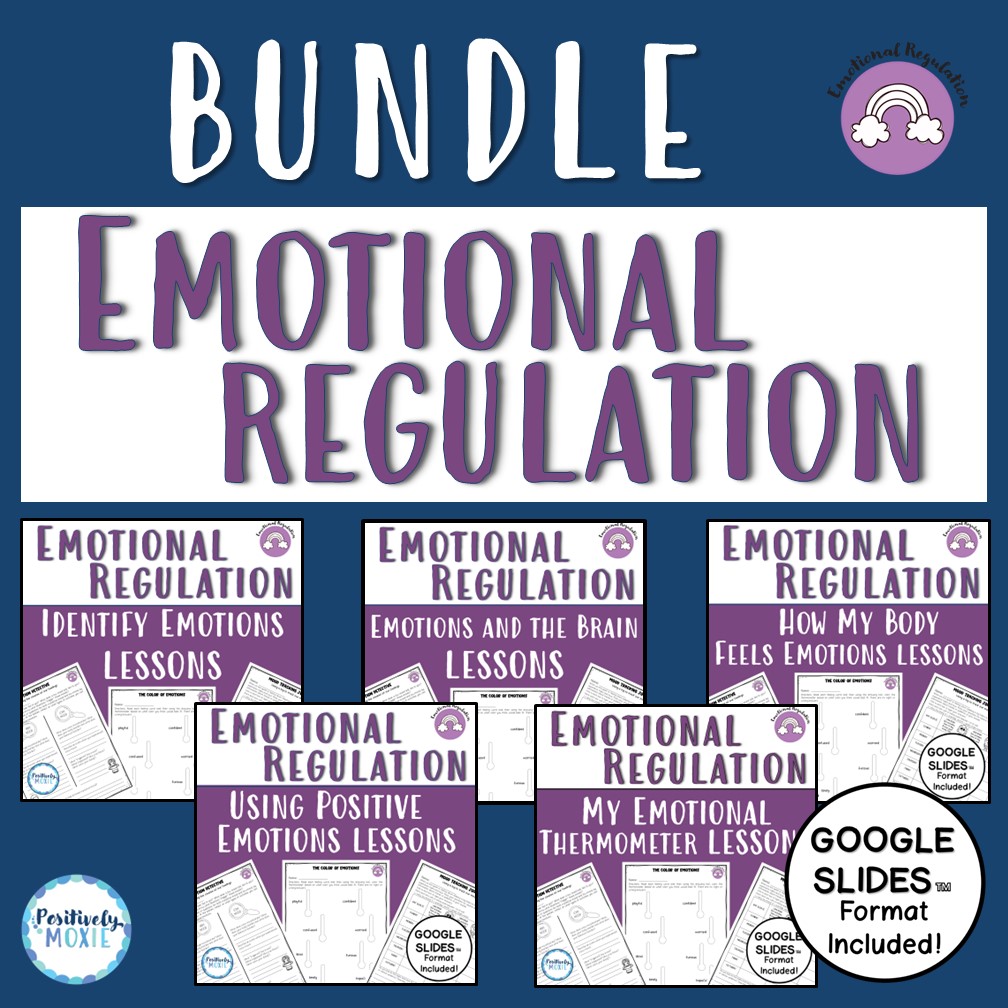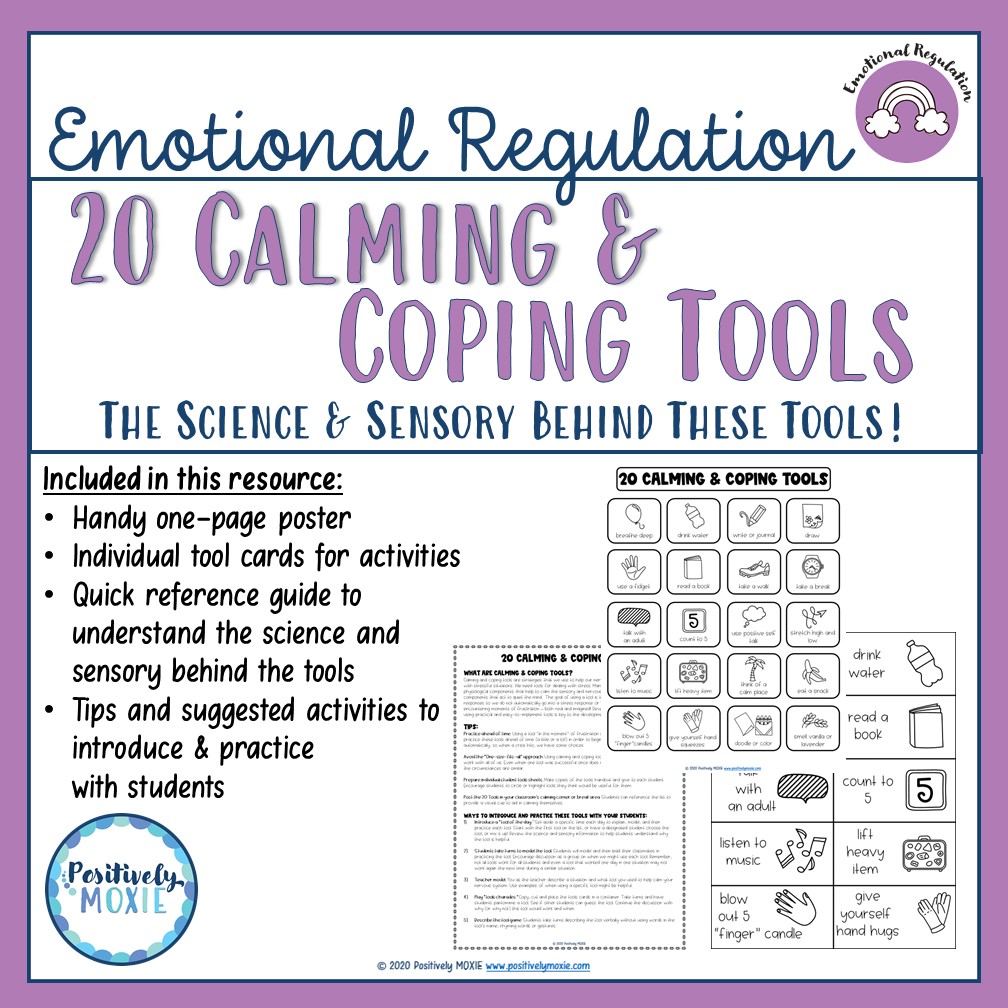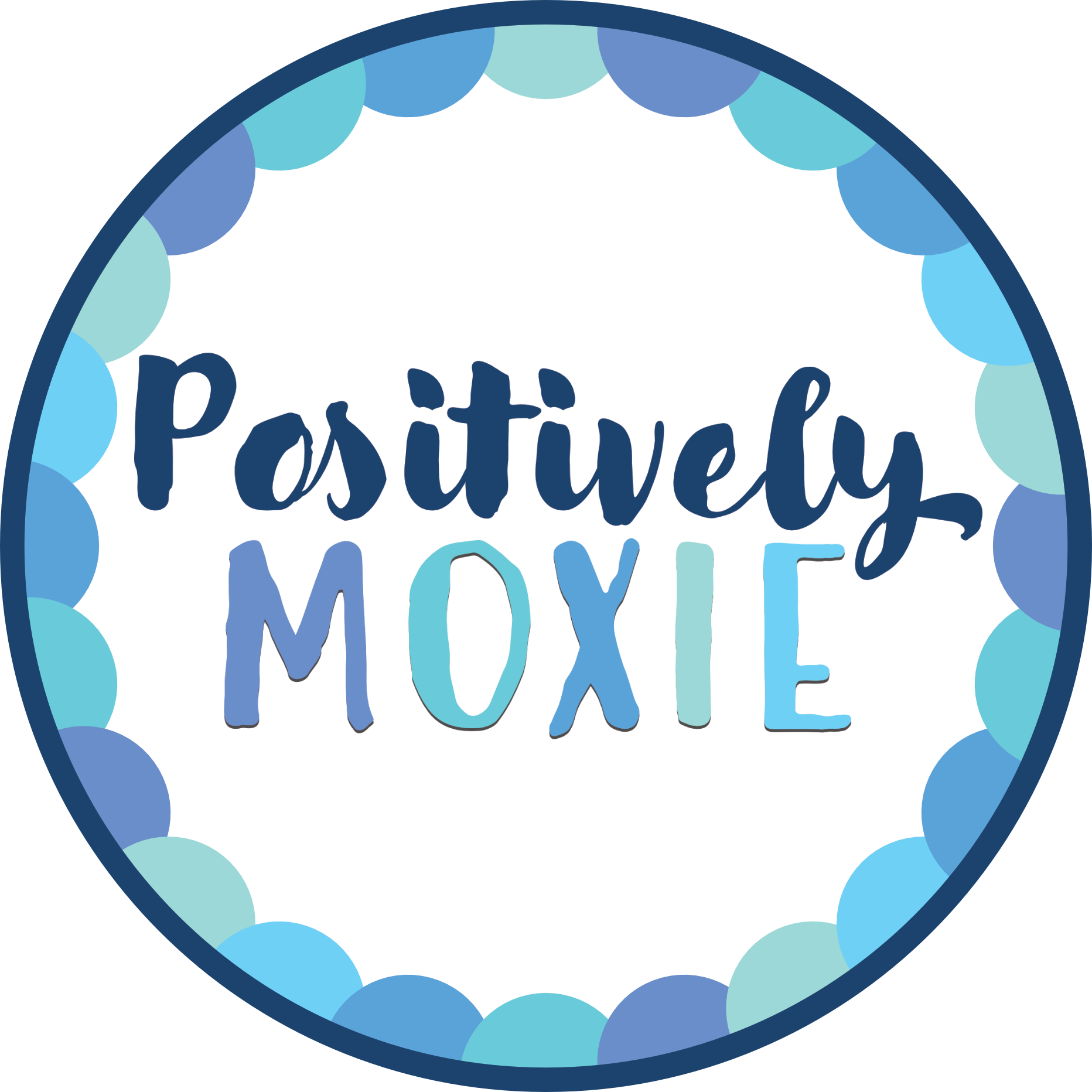Emotional Regulation

Emotional regulation involves managing emotions to guide behavior, complete tasks, and achieve goals. Emotions are complex experiences that include physiological responses and facial expressions, while feelings are our interpretation of these emotions and tend to last longer. For students, emotional regulation plays a crucial role in their ability to navigate daily challenges, engage in learning, and build positive relationships. Students who develop emotional regulation skills are better equipped to handle frustration, adapt to changes, and persist through difficult tasks.
Understanding their emotions enhances empathy, connectedness, self-care, survival instincts, and cognitive development, allowing them to recognize their own needs while being mindful of others. In the classroom, students with strong emotional regulation skills are more likely to follow directions, collaborate with peers, and recover from setbacks, leading to greater academic and social success. Conversely, students who struggle with emotional regulation may experience frequent meltdowns, difficulty focusing, and challenges in peer interactions, which can interfere with learning and overall well-being. By supporting students in developing these skills, educators can foster a more positive and productive learning environment where students feel safe, understood, and capable of managing their emotions effectively.
This engaging lesson bundle teaches emotional regulation in your classroom quickly and effectively! Emotional regulation is managing emotions to guide behavior, complete tasks, and achieve goals. Through interactive lessons and hands-on activities, this resource helps students develop the essential skills to name, interpret, and regulate their emotions. The bundle includes five teacher-led lessons with supporting worksheets, 36 emotion cards in both color and black-and-white, a fun fortune teller activity, an acrostic poem, journal prompts, a vocabulary word wall, and a family connection letter to reinforce learning at home.
The teacher toolbox provides additional insights to deepen understanding, making this resource both practical and impactful. Students will expand their emotional vocabulary, explore how emotions are felt in the body, and learn about the brain’s role in emotional responses. By fostering emotional regulation, students gain empathy, strengthen connections, improve self-care, and enhance their ability to navigate challenges. Give your students the tools they need to build emotional awareness and resilience with this comprehensive and engaging unit!


Help your students build essential emotional regulation skills with this Calming and Coping Tools resource! Designed to support students in managing stress, this resource provides 20 practical coping tools that incorporate both physiological and cognitive strategies to calm the sensory and nervous system while quieting the mind. It includes a handy one-page tools poster featuring simple line art and descriptions, individual tool cards for easy reference and interactive activities, and a Quick Reference Guide explaining the science behind why these tools work.
The coping tool cards can be printed, cut apart, and fastened on a key ring for “in-the-moment” use by students and staff, while the poster can be displayed in a calming corner or break area. This resource is ideal for elementary general education and special education teachers, school counselors, occupational therapists, and parents supporting students with emotional or behavioral challenges, autism, ADHD, or anxiety. By teaching students how to use calming and coping strategies, you empower them with the tools to navigate emotions, reduce stress, and stay engaged in learning.
